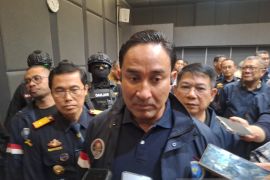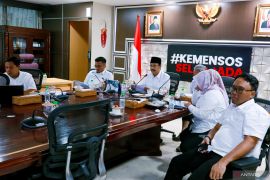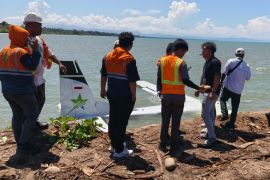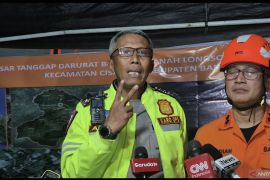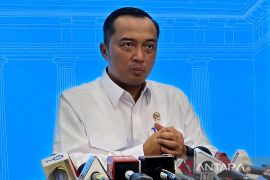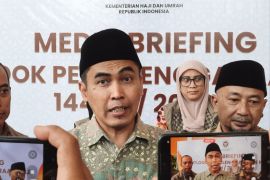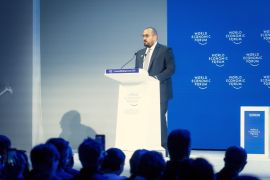National Condom Week was not organized by the Ministry of Health, but by a private party namely DKT Indonesia, which is one of the condom distributors operating in Indonesia under the aegis of the National AIDS Prevention Commission (KPAN).Jakarta (ANTARA News) - Due to the controversy surrounding the operation of a bus meant for an HIV/AIDS information campaign, the Health Ministry has ordered the organizer to stop operating the bus.
"It has been stopped because the bus had "National Condom Week" written on it, about which communication, information and education has already been carried out before," the Ministrys Director General of Disease and Environment Health Control, Tjandra Yoga Aditama, said at a press conference on Wednesday.
He said that the National Condom Week was not organized by the Ministry of Health, but by a private party namely DKT Indonesia, which is one of the condom distributors operating in Indonesia under the aegis of the National AIDS Prevention Commission (KPAN).
"We have already held a meeting with DKT Indonesia and KPAN and were told that the event is a routine activity that DKT Indonesia has carried out since 2007 to mark the World AIDS Day," Tjandra stated.
The bus that was used for the communication, information and education campaign also showed a vulgar picture of local artist Julia Perez as a condom ambassador.
Tjandra pointed out that this was the only bus that had been used in the campaign and was being operated only in Jakarta.
He said the bus had only been operational for a day and was immediately withdrawn due to a public uproar about it distributing free condoms.
"According to the DKT, there has never been any distribution of free condoms, nor did the bus visit universities outside Jakarta because this was the only one such bus in operation," Tjandra said.
He reiterated that no free condoms had been distributed from the bus as it only carried HIV/AIDS communication, education and information materials, such as leaflets for distribution to the public.
Meanwhile, KPAN Secretary Kemal Siregar said this was the only controversial HIV/AIDs education program that had been stopped, while other programs were still continuing.
He admitted that free condoms had indeed been distributed but its distribution was limited to a key demographic group and not to the general public.
"Condom distribution has been done at certain locations that are considered high risk," he said. (*)
Editor: Heru Purwanto
Copyright © ANTARA 2013

